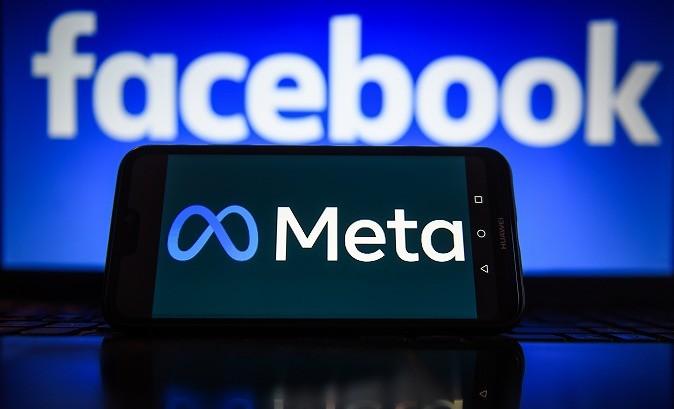Text/Rashi Shrivastava

Image source: Visual China
Serwah Attafuah no longer needs Meta.
The Australian artist created the African Futuristic Abstract NFT, which has 20,000 followers on Meta's subsidiary Instagram. She said the platform initially helped her create a community, sell her work, and expand her audience. Now, the platform has changed. Scams, data privacy issues and copyright infringements on her artwork are now part of everyday life, and she has recently had a lot less interaction on Instagram.
According to the Financial Times, Meta plans to delve into the world of internet art, the so-called Differentiated Token (NFT). But Attafuah said she wasn't attracted by the possibility of doing business on Facebook. Facebook is another subsidiary of Meta with nearly 3 billion followers worldwide.
"To be honest," she said, "I really don't trust any of these platforms." ”
NFT artists around the world contacted by Forbes also expressed Attafuah's concerns. Many have begun to flee Instagram, turn to other platforms like Twitter, or gradually reduce their use of it. They expressed skepticism that social media giant Meta was carelessly wary of the next scam when developing, publishing and managing one market.
The world's best-selling female NFT artist, Itzel Yard, said Instagram is full of imitators. Yard told Forbes: "In my case, someone deleted everything from my Instagram and posted it on OpenSea [another online marketplace], and they started selling my stuff. ”
NFT experts and artists say they are cautious about Meta's strategy for a number of reasons. It's a centralized business, while the NFT community values decentralization and autonomy. Meta tries to censor content on its platform, while NFT artists value free expression. There are also suspicions that Meta just wants to take advantage of Web3's innovations to make money. In January, NFT's deal broke records due to the involvement of celebrities and fashion brands, with sales on OpenSea exceeding $4 billion.
Decentralized art sales "don't resonate well in companies like Facebook," said Merav Ozair, a blockchain expert and rutgers fintech professor at Rutgers Business School. Ozair said she was skeptical of how much Meta controlled the manipulation of art prices and gave examples of how Meta plans to track people's activities in the metaverse.
Dan Kelly, co-founder and president of nonfungible.com, a platform that tracks NFT trades, said he was "cautiously skeptical" of Meta's entry into the market. He also realized that Meta's decision could further legitimize the Web3 community, leading to wider acceptance and a more lucrative market.
Still, privacy concerns have been plaguing creators. NFT experts referred to the cambridge analytica data scandal, which Facebook allegedly allowed to collect personal information without user consent, which was then used to help former President Donald Trump get elected in 2016. "It's really important for crypto artists and the community as a whole to protect their privacy and anonymity," Hackatao said. It is an anonymous entity made up of two crypto artists who have never been identified, working in the mountains of Italy. Hackatao's art expresses a bold message and features nudity, and they also fear that their work will be blocked by Facebook and Instagram.
Translated by Stephen